These 10 Iconic Movie Scenes Will Instantly Transport You Back in Time
Cinema is a medium defined by its ability to capture and immortalize moments - fleeting yet powerful expressions, dramatic revelations, and larger-than-life spectacles that sear themselves into the collective memory of audiences.
Over the decades, certain scenes have transcended their original films to become true icons of the medium, referenced, analyzed, and celebrated as pinnacles of filmmaking mastery. These are the moments that have shocked us, moved us, and left an indelible mark on the art form.
From the gut-wrenching realism of Saving Private Ryan's Normandy landing to the enduring romance of From Here to Eternity's iconic beach kiss, the following list highlights 10 of the most legendary, unforgettable scenes in cinema history - moments that have cemented their place in the pantheon of movie magic.
I am your father
In The Empire Strikes Back (1980), the moment when Darth Vader reveals to Luke Skywalker that he is his father is one of the most shocking and memorable twists in cinema history.
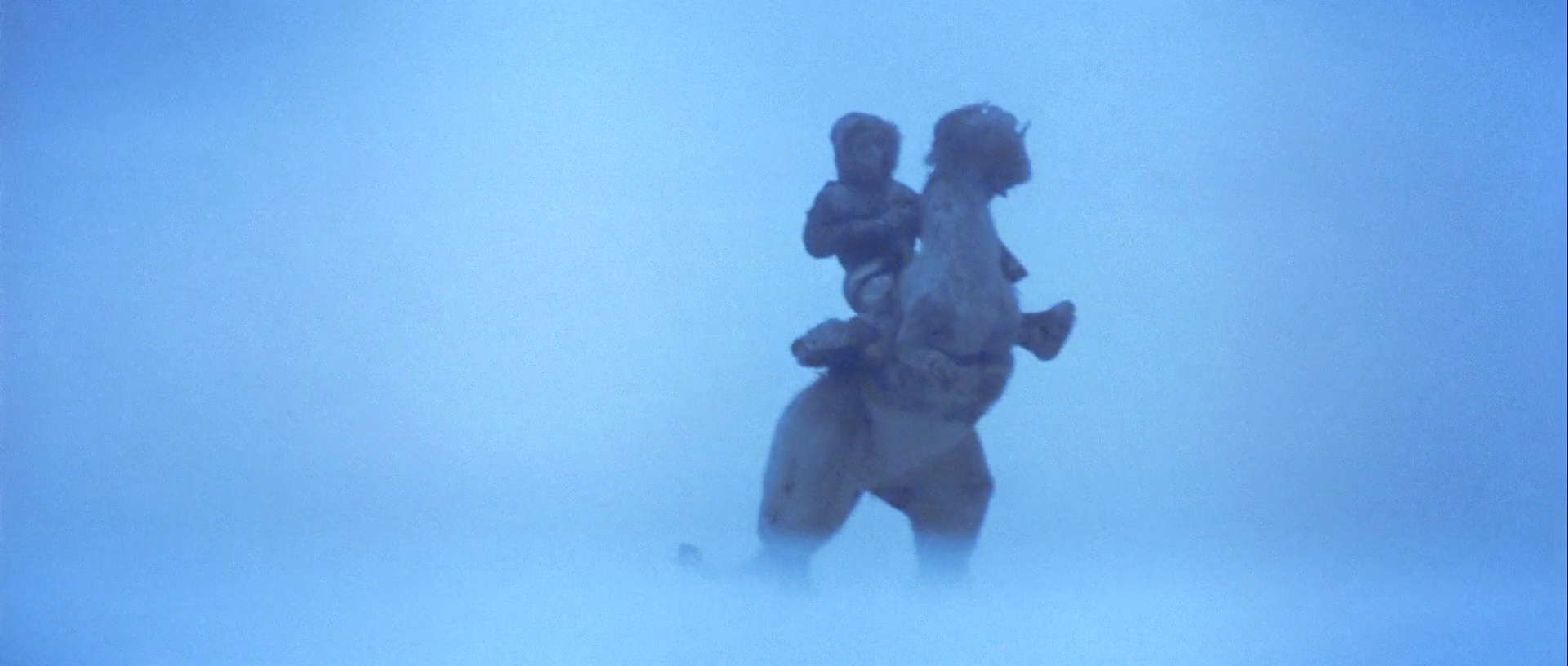
In this pivotal scene, Luke Skywalker confronts Darth Vader in a lightsaber duel. As Luke is defeated and cornered, Vader reveals the shocking truth: "No, I am your father." This moment turns Luke's world upside down and challenges everything he believed about his identity and his quest.
This scene is memorable for its profound impact on both the Star Wars saga and pop culture at large. It's one of the most famous plot twists in cinema history, completely redefining the relationship between hero and villain. The revelation adds layers of complexity to the story, transforming it from a simple tale of good versus evil into a more nuanced exploration of family, redemption, and the nature of good and evil.
THAT beach landing
Saving Private Ryan (1998) opens with what is considered one of the most realistic and impactful war scenes ever captured on film.
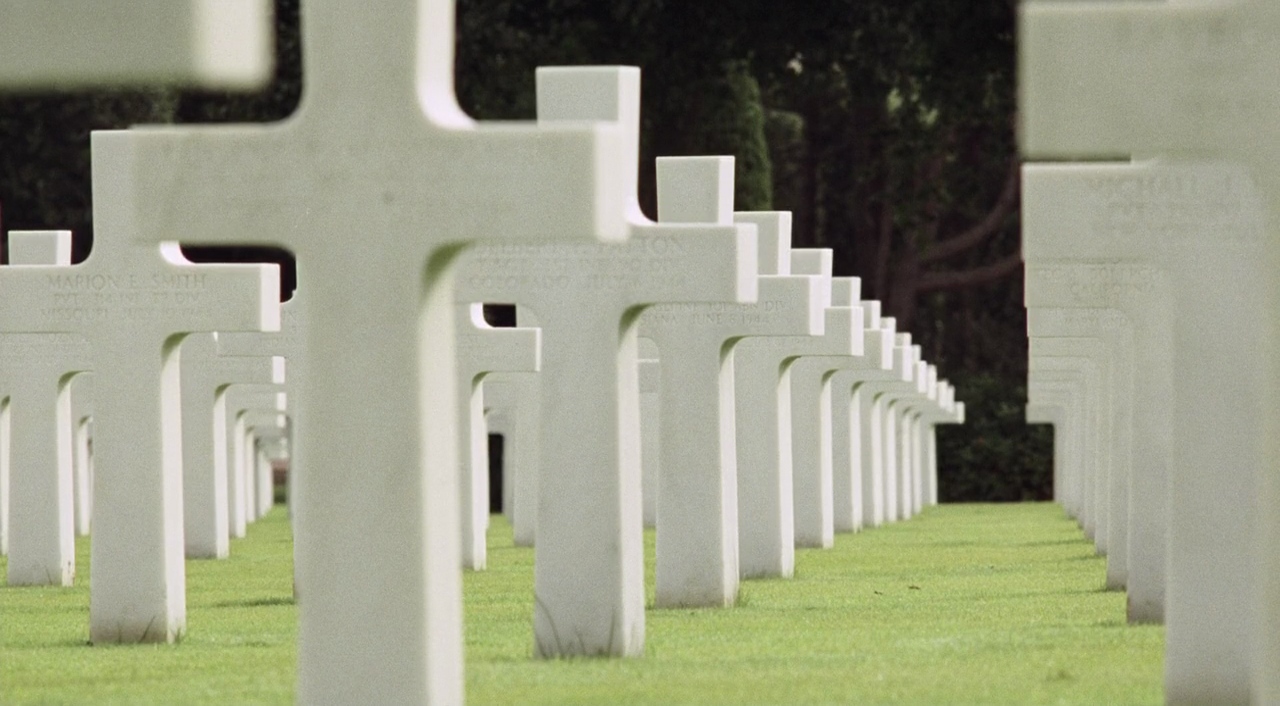
This scene depicts the D-Day invasion of Normandy with brutal realism. As American soldiers land on Omaha Beach, they face a barrage of German gunfire. The audience experiences the chaos, fear, and carnage of war through the eyes of Captain John Miller and his men as they struggle to survive and secure the beachhead.
The scene is renowned for its unflinching portrayal of war's horrors. Director Steven Spielberg used innovative cinematography techniques to create a visceral, almost documentary-like feel, immersing viewers in the soldiers' terrifying experience. The scene's graphic violence and intense realism shocked audiences and critics alike, setting a new standard for war films and influencing countless movies and TV shows that followed.
Rosebud
In the final moments of Citizen Kane , after an extensive investigation into the meaning of Charles Foster Kane's last word, "Rosebud," the audience finally learns its significance. As workers clear out Kane's vast estate, they throw seemingly worthless items into a furnace, including an old sled with "Rosebud" written on it.
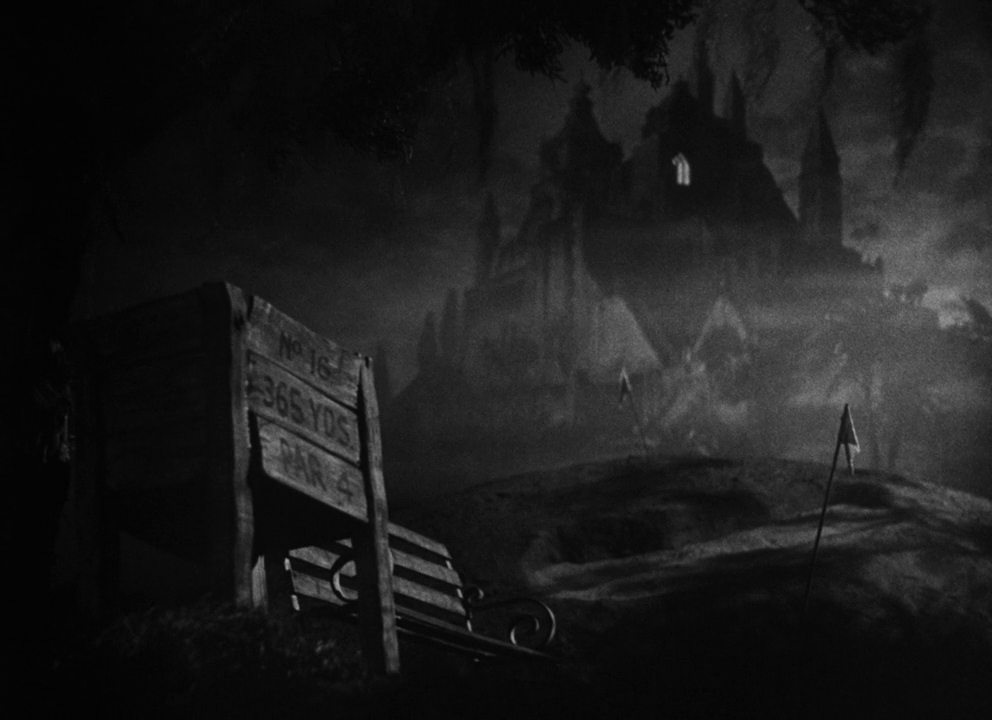
This scene is memorable for its brilliant narrative payoff and deep symbolic meaning. Throughout the film, "Rosebud" serves as a mystery driving the plot forward. Its revelation as a childhood sled poignantly symbolizes Kane's lost innocence and his longing for a simpler time before wealth and power corrupted him. This ending underscores the film's themes about the hollowness of materialism and the complexity of human nature, cementing Citizen Kane's status as a masterpiece of cinema.
Never taking a shower again
In this infamous scene from Psycho , Marion Crane, the film's apparent protagonist, is brutally murdered while taking a shower at the Bates Motel.
The killer, shrouded in shadow, repeatedly stabs Marion as Bernard Herrmann's screeching violin score punctuates each blow. The scene ends with a close-up of Marion's lifeless eye and blood swirling down the drain.
This scene is considered one of the most influential in film history due to its groundbreaking techniques and shocking narrative turn. Hitchcock's innovative use of quick cuts and implied violence created a sense of terror without explicitly showing the stabbing. The sudden and violent death of the main character early in the film subverted audience expectations and changed the course of horror cinema. The scene's impact extends beyond horror, influencing filmmaking techniques across genres and cementing Psycho's place in film history.
You can't handle the truth!
In A Few Good Men , Lieutenant Daniel Kaffee (Tom Cruise) cross-examines Colonel Nathan Jessup (Jack Nicholson) about a Marine's death. As Kaffee presses him, Jessup becomes increasingly agitated. Finally, in a explosive outburst, Jessup admits to ordering the "code red" that led to the Marine's death, famously shouting, "You can't handle the truth!" before explaining his actions.
This scene is memorable for its intense performances and dramatic tension. Nicholson's delivery of the monologue is considered one of the greatest in film history, perfectly capturing Jessup's arrogance, anger, and twisted sense of duty. The scene serves as a powerful climax to the film's exploration of military ethics and the abuse of power. It has become a cultural touchstone, with the line "You can't handle the truth!" frequently quoted and parodied in popular culture.
I'll be back
In this scene, The Terminator (Arnold Schwarzenegger) enters a police station looking for Sarah Connor. When denied access by the desk sergeant, he calmly states, "I'll be back," before leaving. Moments later, he crashes a car through the front of the station and proceeds to massacre the police officers inside.
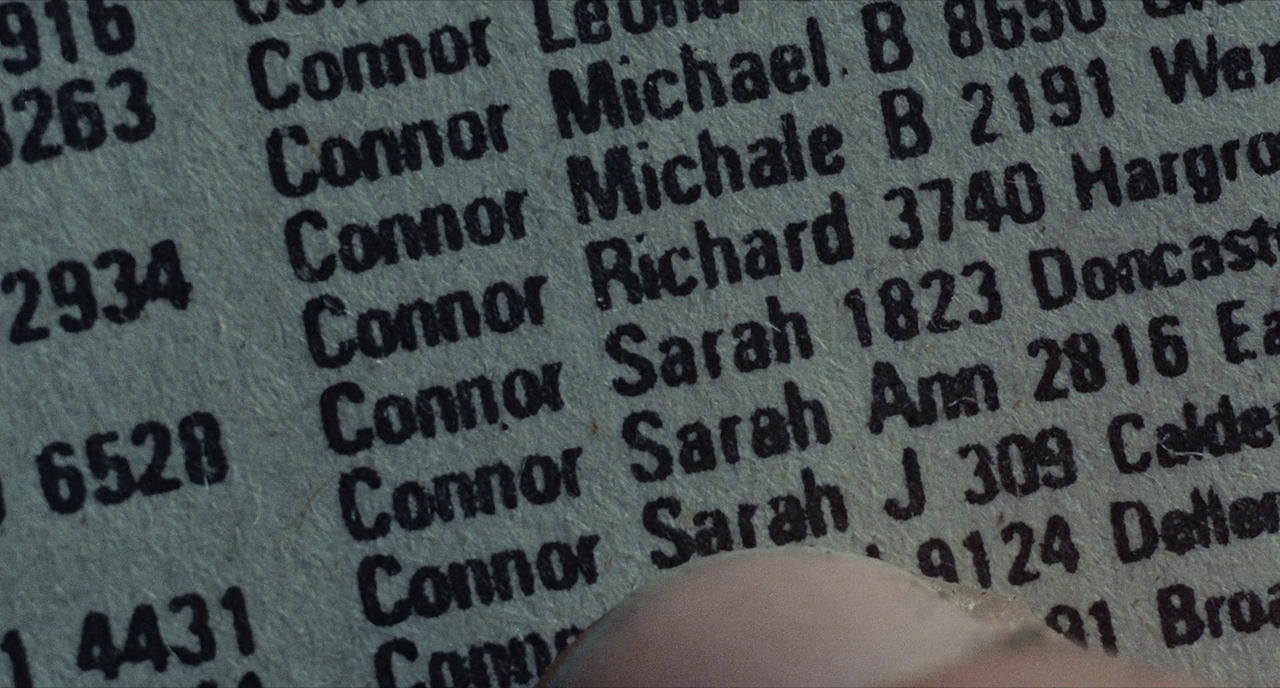
This scene is memorable for its perfect encapsulation of the Terminator's character - emotionless, relentless, and true to its word. Schwarzenegger's deadpan delivery of the line, contrasted with the violent chaos that follows, creates a chilling effect. The line "I'll be back" became an iconic catchphrase, repeated in subsequent Terminator films and countless other media, solidifying its place in pop culture history.
Arnold Schwarzenegger's deadpan delivery of this now-iconic catchphrase has cemented its place in movie history.
Just singing and dancing
In this joyous sequence taken from Singin' in the Rain , Don Lockwood ( Gene Kelly ) dances through the streets during a rainstorm. Elated after kissing Kathy Selden, he splashes through puddles, twirls his umbrella, and hangs from a lamppost, all while singing the title song.
This scene is celebrated for its exuberant choreography and Kelly's masterful performance. It perfectly captures the film's spirit of optimism and the transformative power of love. The technical achievement of filming a water-soaked dance number adds to its impressiveness. The scene has become synonymous with the golden age of Hollywood musicals and is frequently homaged in other films and media.
Frankly, my dear, I don't give a damn
In the final scene of Gone with the Wind , Scarlett O'Hara begs Rhett Butler not to leave her. Rhett, exhausted by Scarlett's manipulations, delivers the famous line: "Frankly, my dear, I don't give a damn." He then walks away into the fog, leaving Scarlett alone.
This scene is memorable for its powerful conclusion to the epic romance and for its use of the word "damn," which was shocking for audiences in 1939. The line perfectly encapsulates Rhett's character and his complex relationship with Scarlett. It has become one of the most quoted lines in film history, representing a moment of brutal honesty in a genre often characterized by sentimentality.
You're gonna need a bigger boat
In this scene from Jaws , Police Chief Brody (Roy Scheider) is chumming the water when the enormous shark suddenly appears next to the boat. Stunned by its size, Brody backs into the cabin and delivers the famous line to Quint, the shark hunter.
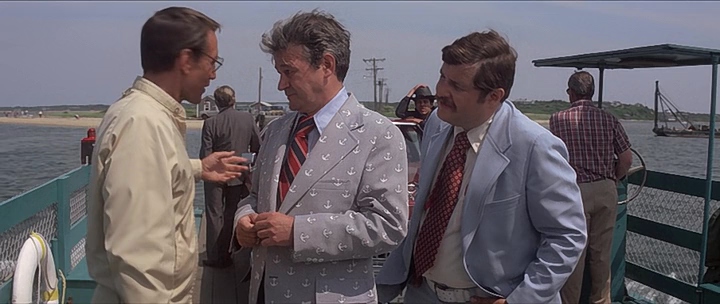
This scene is memorable for its perfect blend of horror and humor. The line, reportedly ad-libbed by Scheider, provides a moment of levity that heightens the tension rather than relieving it. It's become shorthand for being underprepared for a challenge. The scene is also notable for being one of the first clear shots of the shark, after much of the film builds suspense by keeping it unseen.
The iconic kiss
In From Here to Eternity , Sergeant Warden (Burt Lancaster) and Karen Holmes (Deborah Kerr) embrace and kiss on a beach in Hawaii. As waves crash around them, they roll in the surf, locked in a passionate embrace.
This scene is famous for its sensuality, which pushed the boundaries of what was acceptable in 1950s cinema. The image of Lancaster and Kerr kissing in the surf has become one of the most recognizable and frequently referenced romantic scenes in film history. It represents a perfect blend of natural beauty, passion, and forbidden love, encapsulating the film's themes in a single, powerful image.